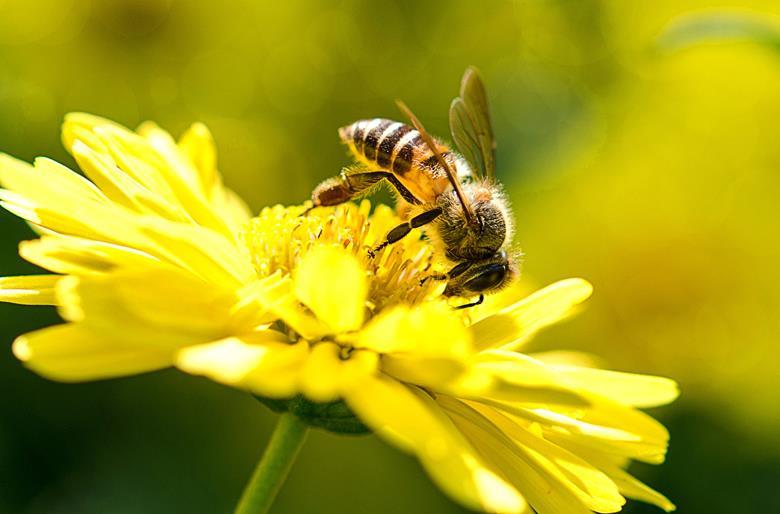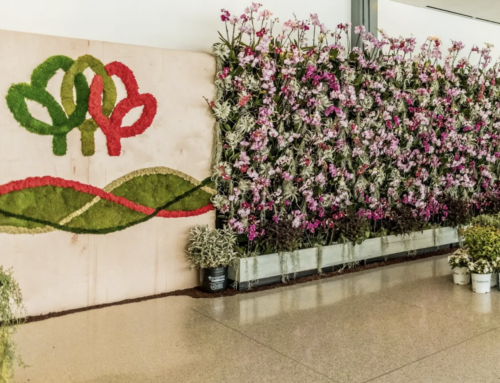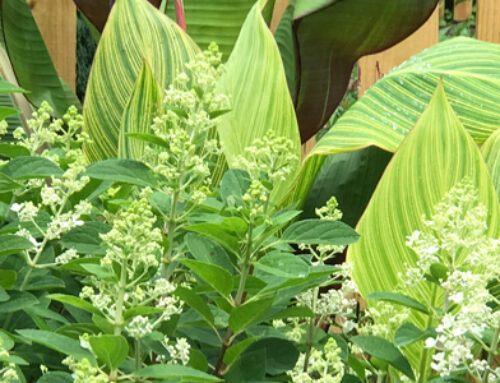Every year on May 20th, World Bee Day is celebrated! The purpose of this international day is to celebrate and acknowledge the role that bees and other pollinators have on our ecosystem.
History of World Bee Day:
This day is celebrated on May 20th every year, because the pioneer of beekeeping, Anton Janša of Slovenia, was born on this day in 1734. He became famous for his lectures, where he demonstrated his knowledge of bees and wrote 2 books on beekeeping, as well.
The idea for a World Bee day was, however, not conceived until September 2014. President of the Slovenian Beekeeper’s Association, Bostjan Noc, was listening to the radio and heard talk show hosts talking about the many different “World Days” that we have. He then wondered to himself if there was one to recognize bees and all that they do for the world & our ecosystem. Upon realizing that bees did not have their own day, this one was created!
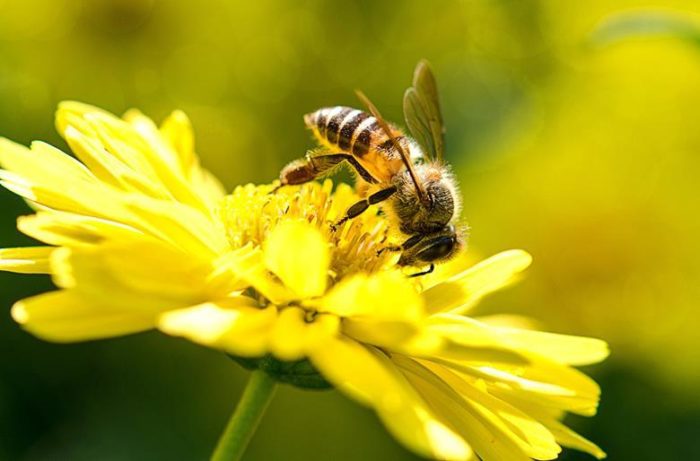
Every third spoonful of the world’s food relies on bees and other pollinators, so it only seemed fitting to give them a day where the public should become aware of their importance and great impact.
Bee Facts:
- There are more than 20,000 species of bees
- They are essential for our food-production system
- The U.S. has more than 100,000 beekeepers
- Queen honey bees lay up to 2,000 eggs per day – and it only takes a few seconds!
- Many bee colonies around the world are disappearing due to climate change
- A bee generally visits 50 to 100 flowers during a collection trip
- Bees can communicate through their movement
- For one pound of honey to be made, bees must collect nectar from 2 million flowers
- Honey has antiseptic properties in it
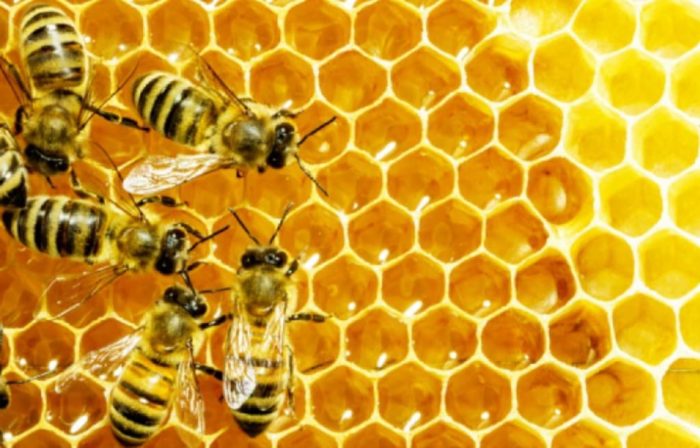
Ways You Can Help:
According to worldbeeday.org, here are some ways you can celebrate bees, raise awareness, and do something good for them!
“Every individual can contribute to the preservation of bees and other pollinators:
- Plant nectar-bearing flowers for decorative purposes on balconies, terraces, and gardens.
- Buy honey and other hive products from your nearest local beekeeper.
- Raise awareness among children and adolescents on the importance of bees and express your support for beekeepers.
- Set up a pollinator farm on your balcony, terrace, or garden; you can either make it yourself or buy at any home furnishings store.
- Preserve old meadows – which feature a more diverse array of flowers – and sow nectar-bearing plants.
- Cut grass on meadows only after the nectar-bearing plants have finished blooming.
- Offer suitable farming locations for the temporary or permanent settlement of bees so that they have suitable pasture; as a consequence, they will pollinate our plants, which will thereby bear more fruit.
- Use pesticides that do not harm bees, and spray them in windless weather, either early in the morning or late at night, when bees withdraw from blossoms.
- Mulch blooming plants in orchards and vineyards before spraying them with pesticides so that they do not attract bees after being sprayed.”
- – Excerpt from worldbeeday.org article.
Connect with us on social media!
Instagram | Facebook | Twitter | Website
#WorldBeeDay


